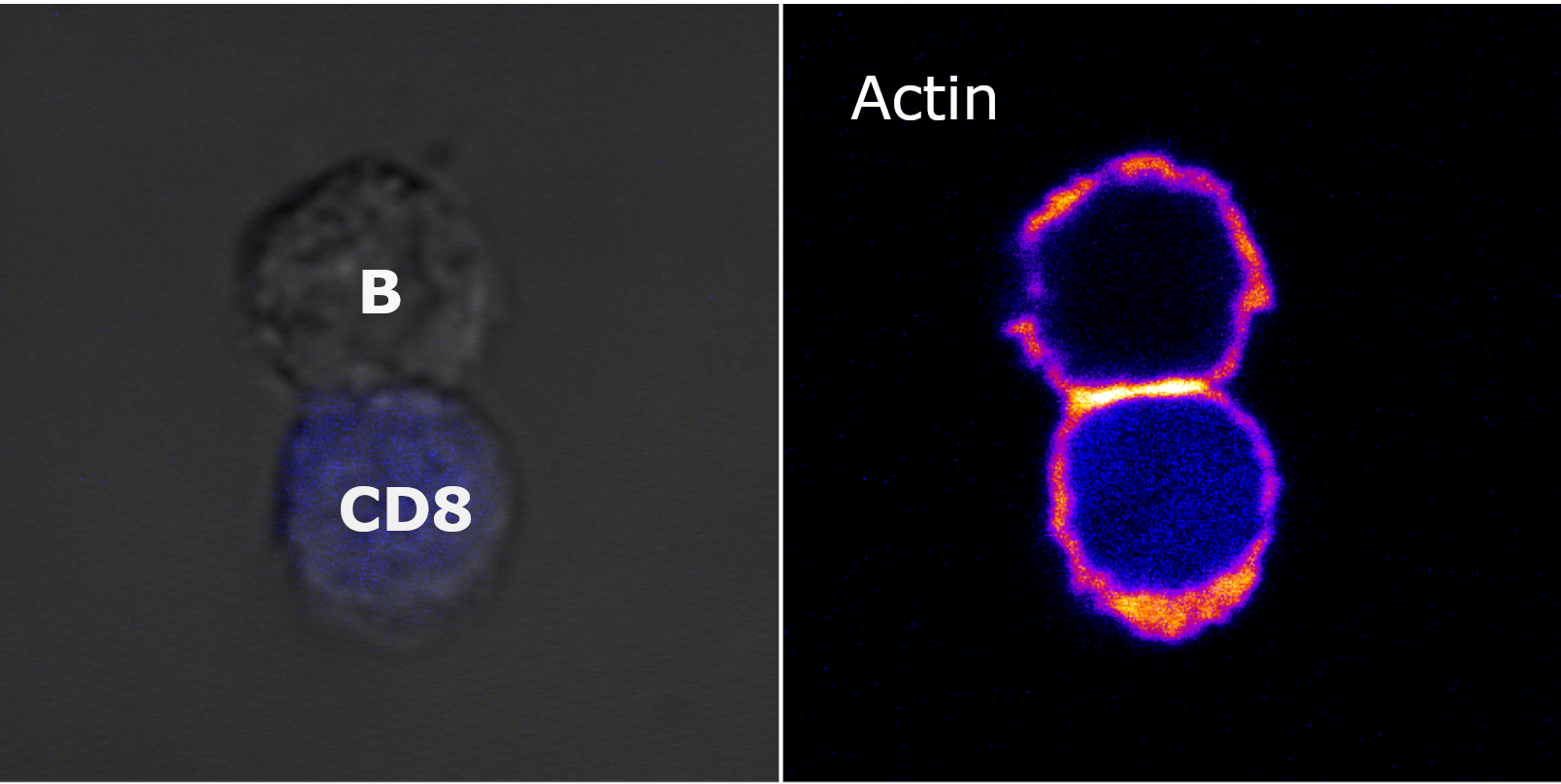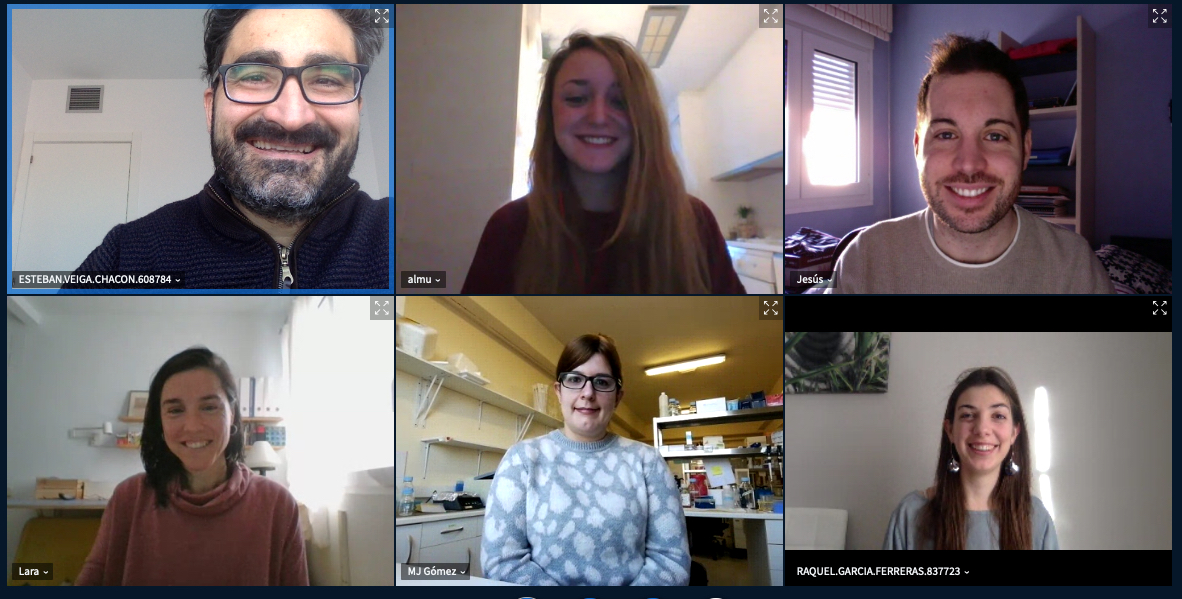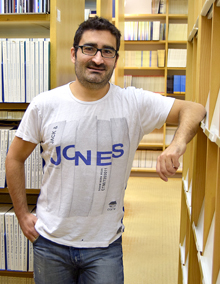Esteban Veiga Chacón
Group Leader
Research summary
Our group is interested in the molecular and cellular mechanisms allowing the formation of the immunological synapses. To become activated, T-cells must establish cell–cell contact with antigen-presenting cells (APCs). This contact, known as the immune synapse (IS), drives major morphological and functional changes in T-cells, including massive actin rearrangements necessary for productive IS formation.
Publications
Osuna-Pérez, J., García-Ferreras, R., Veiga, E. From cellular microbiology to bacteria-based next generations of cancer immunotherapies. Cell. Microbiol. 22, e13187 (2020).
Dortet, L., Radoshevich, L., Veiga, E. & Cossart, P. in Encyclopedia of Microbiology (Fourth Edition) 803–818 (Elsevier, 2019). doi:10.1016/B978-0-12-801238-3.02297-2
Cruz-Adalia A, Ramirez-Santiago G, Osuna-Pérez J, Torres-Torresano M, Zorita V, Martínez-Riaño A, Boccasavia V, Borroto A, Martínez Del Hoyo G, Gozález-Granado JM, Alarcón B, Sánchez-Madrid F, Veiga E. Conventional CD4+ T cells present bacterial antigens to induce cytotoxic and memory CD8+ T cell responses Nat Commun. 2017 Nov 17;8(1):1591
Cruz-Adalia A, Veiga E. Close encounters of lymphoid cells and bacteria. Front Immunol 2016; 7: 866–15
Ramírez-Santiago G, Robles-Valero J, Morlino G, Cruz-Adalia A, Pérez-Martínez M, Zaldivar A, Torres-Torresano M, Chichón FJ, Sorrentino A, Pereiro E, Carrascosa JL, Megías D, Sorzano CO, Sánchez-Madrid F, Veiga E. Clathrin regulates lymphocyte migration by driving actin accumulation at the cellular leading edge. Eur J Immunol 2016; 46: 2376–2387
Cruz-Adalia A, Ramirez-Santiago G, Torres-Torresano M, Garcia-Ferreras R, Veiga Chacón E. T cells capture bacteria by transinfection from dendritic cells. J Vis Exp 2016; e52976
We are focus in generating novel immunotherapies using the ability of bacteria to modify the immune responses. We have discovered that CD4+ T cells contributes to the early immune response capturing bacteria by transfagocytosis. Surprisingly, the transfagocytic CD4+ T cells destroy bacteria and become hyperinflammatory (Cruz-Adalia et al. 2014). Moreover, we have discovered that bacteria exposure “trains” conventional CD4+ T cells. Trained CD4+ T cells (bacT), contrary to the role separation dogma in immunology, became potent antigen presenting cells able to (1) cross-present antigens from captured bacteria, activating naïve CD8+ T cells that became effective cytotoxic cells and (2) generating central memory; activities involved in the removal of tumors.
Note that actually there exist huge efforts to generate central memory CD8+ T cells from tumor infiltrating lymphocytes. These effects, together with (3) the localized secretion of inflammatory cytokines by bacT cells, which could block the immunosuppressive environment generated by solid tumors, prompted us to hypothesized that bacT cells could be useful in antitumor therapies. This hypothesis was tested in proof-of-concept model of aggressive mouse tumors. Mice treated with bacT cells that have captured/killed bacteria expressing tumor antigen were protected against tumor development (Cruz-Adalia et al. 2017). These discoveries challenged the dogma of adaptive/innate immunity role separation and guided our current research to find novel tumor immunotherapies.

Immune synapse formed by a bacteria trained lymphocyte (B) and a naïve CD8+ T cell








